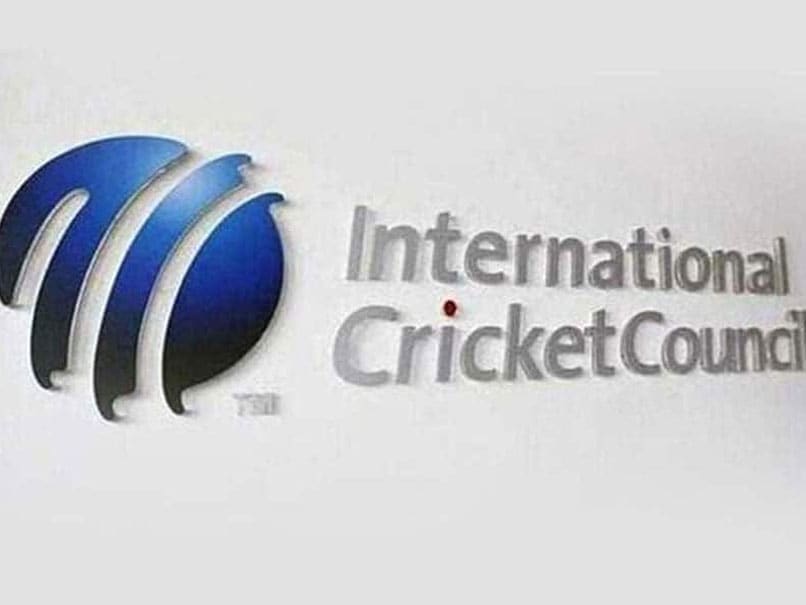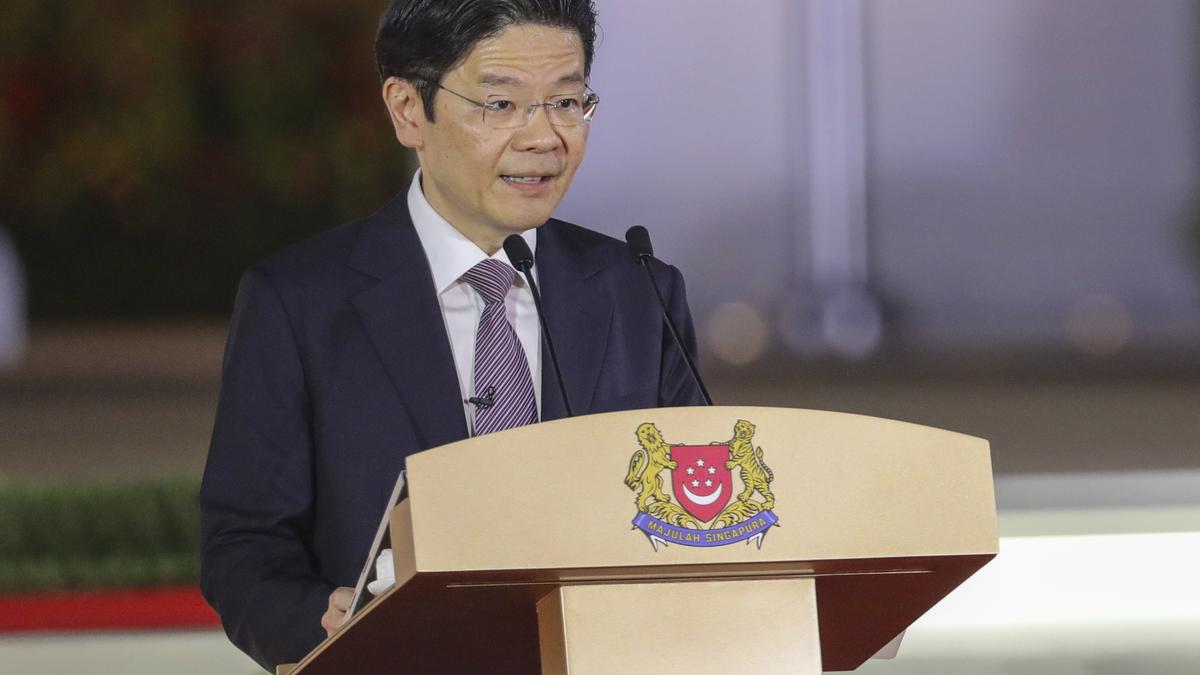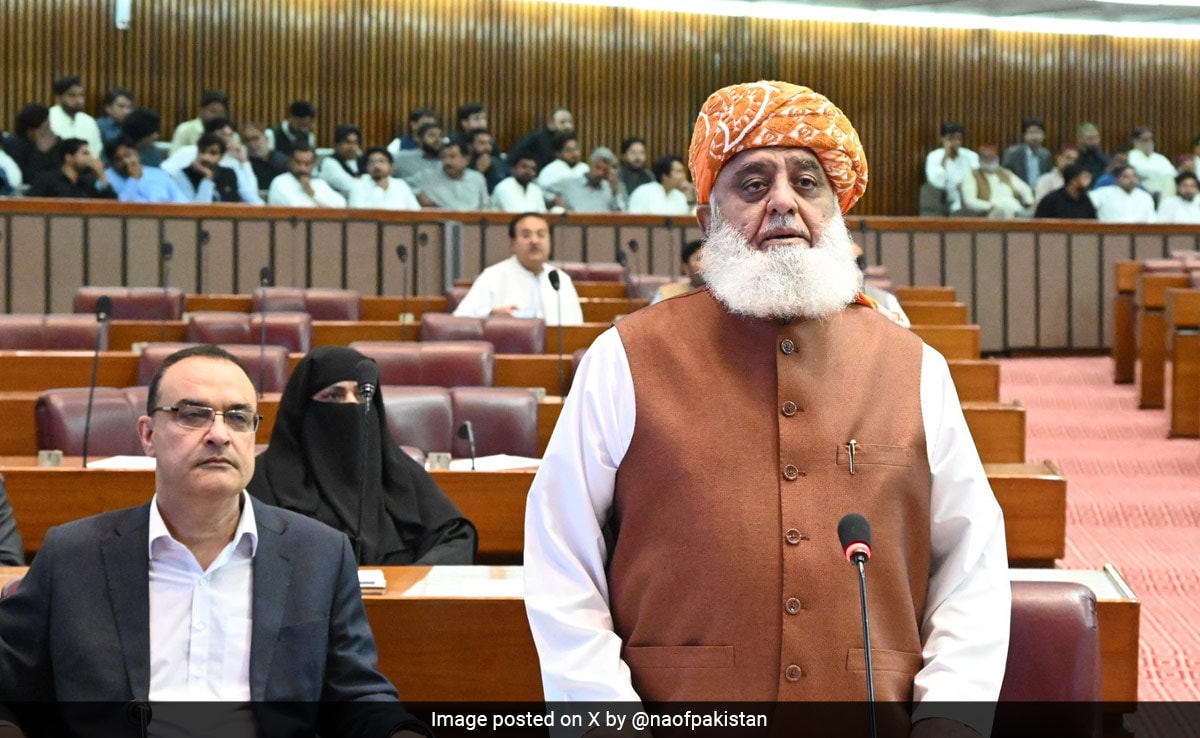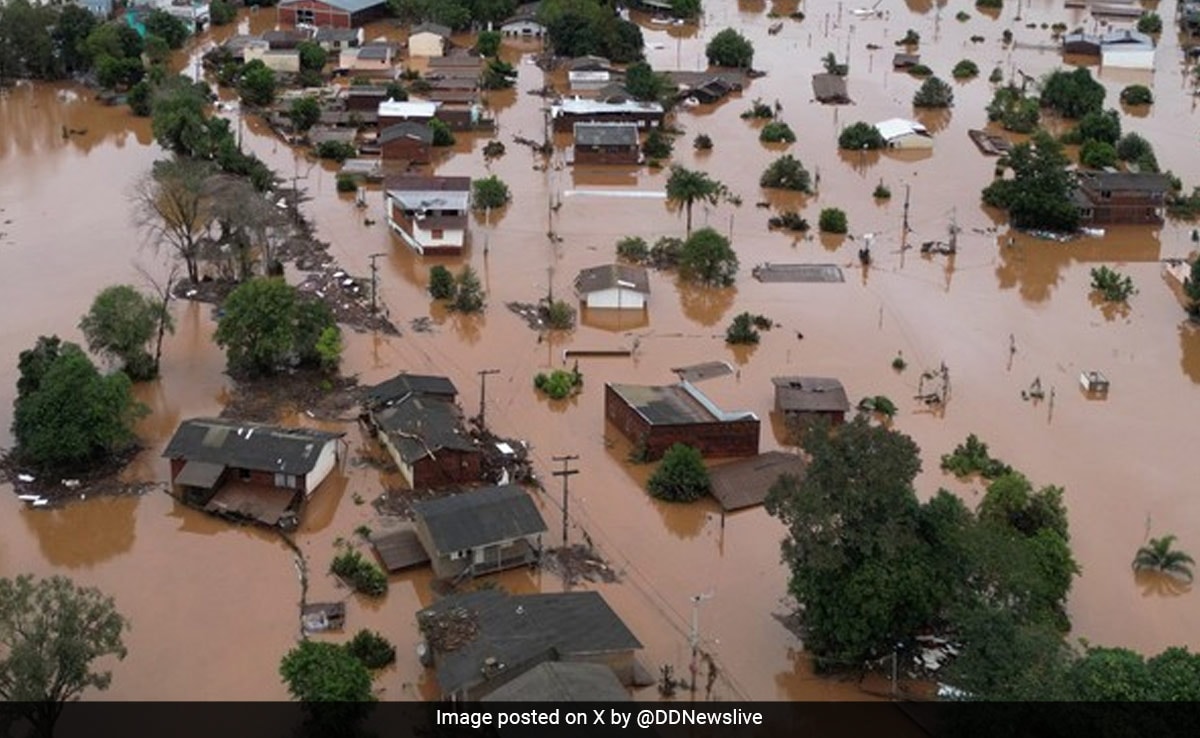Colombo: Sri Lanka’s President Anura Kumara Dissanayake casts his vote for the country’s parliamentary election. (PTI Photo)
The takeaway is clear — in the recent parliamentary poll in Sri Lanka, the Janatha Vimukthi Peramuna (JVP)-led National People’s Power (NPP), a coalition comprising civil society groups and trade unions, now has a pan-Sri Lanka appeal. Since the introduction of the Proportional Representation system in 1978, no Sinhala-majority political formation has been able to gain a foothold in the Northern and Eastern Provinces, where ethnic minorities live in large numbers, to the extent that the NPP did this time. Perhaps, this is a development that may take the country, once battered by an ethnic conflict, towards political integration.
The fray in the presidential poll was evenly balanced, with candidates of the NPP and Samagi Jana Balawegaya (SJB) and an independent, Ranil Wickremesinghe, battling it out. In November though, the NPP enjoyed a clear advantage from the beginning as the fragmented SJB did not even put up the semblance of a fight. While many observers predicted that the NPP would be well ahead, it went on to bag an over two-thirds majority. In 2020, the NPP’s vote share did not cross the 10% mark in any of the 22 electoral districts. The coalition received the most votes in Hambantota (8.4%) and Matara (7.8%), both from the Southern Province. Overall, the NPP received only 3.8% of the total votes polled (Table 1).
Table appears incomplete? Click to remove AMP mode
Even in the 2024 presidential poll, when the JVP’s chief Anura Kumara Dissanayake emerged as the winner, he did not cross the 50% mark in the first round (excluding preferences). In the presidential poll, the party’s vote share was in single digits in the Northern Province (Jaffna and Vanni districts). In only four districts, Galle, Matara and Hambantota, and Gampaha, the vote share exceeded the 50% mark. But, in the 2024 parliamentary polls, the NPP’s vote share exceeded 50% in 16 electoral districts.
Click to subscribe to our Data newsletter
The NPP’s recent victory is much bigger than the Sri Lanka Podujana Peramuna (SLPP)’s victory in the 2020 Parliamentary poll (Table 2). The NPP’s vote share saw a 19.3-percentage point rise (from 42.3% to 61.7%) in the 2024 parliamentary polls, compared with the 2024 presidential polls. Whereas the SLPP’s vote share increased only by 6.8 percentage points (52.3% to 59.1%) in the 2020 parliamentary polls compared with the 2019 presidential polls. Moreover, unlike the NPP, the SLPP, four years ago, was in an electoral adjustment with smaller parties in many districts. Interestingly, the SLPP, then, did not put up a candidate in Jaffna, unlike the present ruling formation which contested everywhere now.
Another important factor was the NPP dislodging an established party, the Illankai Tamil Arasu Kadchi (ITAK), in four out of five districts in the Northern and Eastern provinces.
Table 3 shows the downward trend of the ITAK in the five districts, with a marginally upward movement in Digamadulla (Muslims have a sizeable presence) and Batticaloa (Hindus/Tamils constitute the majority). The NPP’s performance in Jaffna in the 2024 parliamentary poll, was stronger than that of the ITAK.
Sections of political experts are of the view that the voters in the North, especially in Jaffna, are coming out of the grip of forces of Tamil nationalism which have been harping on political settlement at the cost of livelihood issues. The ruling coalition’s themes such as anti-corruption and its emphasis on a comprehensive reform agenda for the country have gained currency among substantial sections of voters in the ethnic minorities-dominant areas too. The key message was that the minorities have begun seeing the coalition as a qualitative alternative.
Also read:A historic election in Sri Lanka
Published – December 03, 2024 05:13 pm IST














